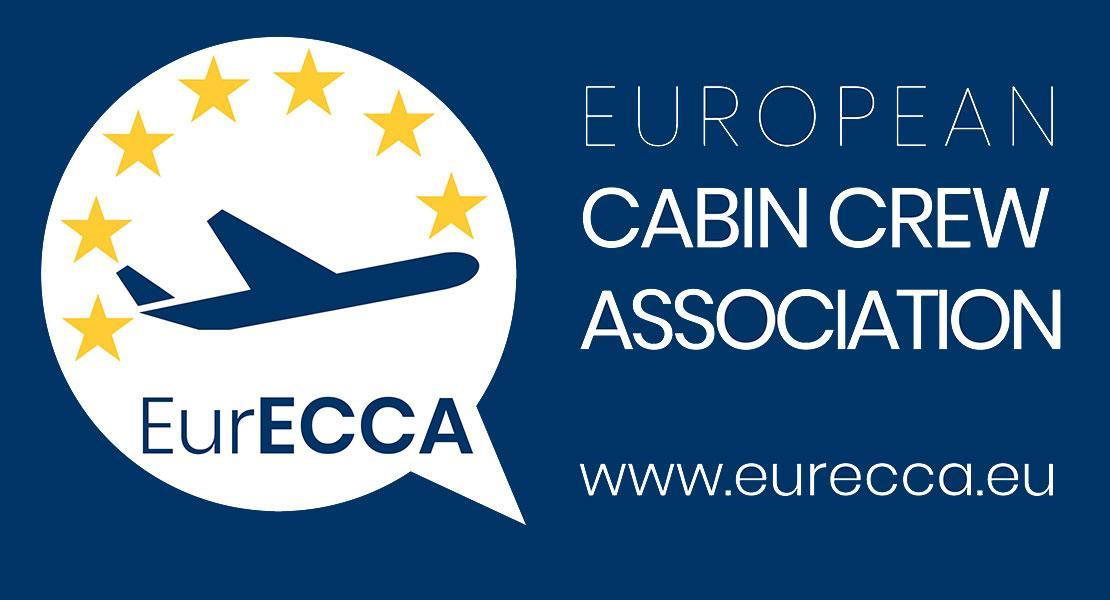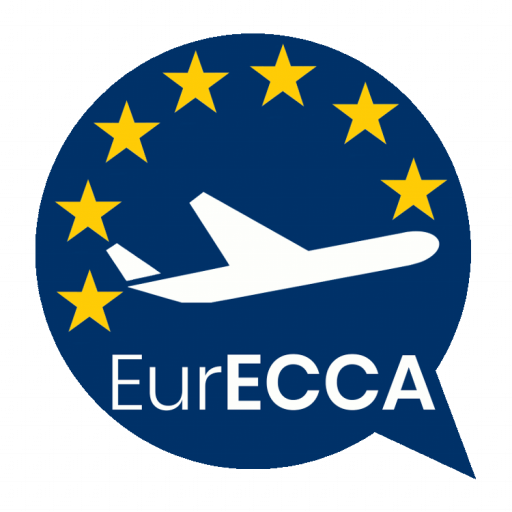Coordinated approach to save tourism and air transport sector
Ahead of the 1 March Extraordinary meeting of Ministers of Tourism, 14 European stakeholders in aviation and tourism have urged the Portuguese presidency of the EU to put their efforts into the coordination of all restrictive measures related to COVID-19.
In an open letter, industry and worker associations affirm the presidency’s motto, “Time to deliver: a fair, green and digital recovery,” and outline the different actions that would revive the sector, by enabling the restart of international travel as soon as it is safe to do so. The group asserts that coordination is required on travel restrictions, vaccination certificates, and testing requirements, all of which continue to negatively affect both tourism andaviation.
The associations call for EU harmonisation on the following matters:
- Widespread use of affordable, reliable and rapid tests to ease current travelrestrictions;
- Termination of quarantine requirements for air travellers that have already tested negative;
- Clarity on the timing, languages, and exemptions to COVID-19 tests which remains unclear;
- Exemption of vaccinated travellers from testing, quarantine, and otherrestrictions;
- Use of vaccinations not as a pre-requisite to travel, but to assist in the restart of air travel.
“We believe that the European Union can still save what remains of the tourism and air transport sectors by applying a truly coordinated approach to these challenges. The current patchwork of restrictions across Europe is causing confusion for Europe’s travel and tourism industries, and amongst its workers,” say the associations, pointing to the fact that unpredictability and the lack of clarity on restrictions impedes air transport connectivity, which in turn puts employment at risk in the air transport sector, tourism and beyond. A clear and concise set of coordinated measures across Europe will help restore public confidence and is the only chance to save the upcoming summer season. Failure to do so could lead to hundreds of thousands more job losses across Europe.
Open letter to Portuguese EU presidency(PDF)


